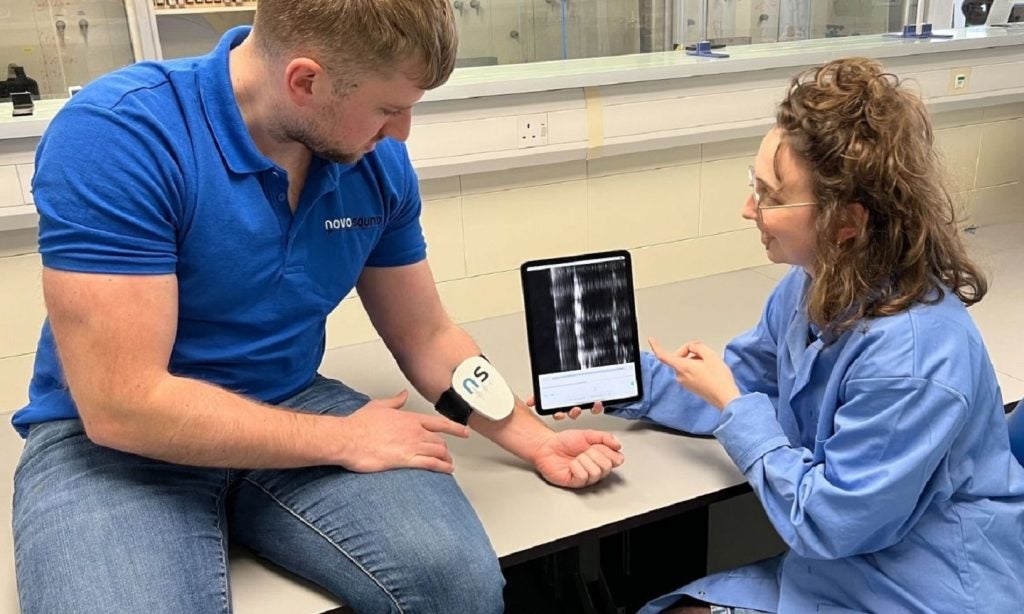US-based molecular diagnostics company Castle Biosciences has reported positive study data of its gene expression profile (GEP) test, DecisionDx-Melanoma, to predict the risk of sentinel lymph node (SLN) positivity in patients with cutaneous melanoma (CM).
The DecisionDx-Melanoma test examines the gene expression profile, or the molecular signature, of an individual’s tumour and identifies the risk of an occurrence of metastasis, as well as a patient’s risk of SLN positivity.
Castle presented the data from two studies at the Society of Surgical Oncology (SSO) 2024 Annual Meeting, which took place in Atlanta, US, between 20 and 23 March.
One study of 322 CM patients revealed that DecisionDx-Melanoma accurately predicts SLN positivity risk, sparing up to 25% of patients with T1-T2 tumours from unnecessary sentinel lymph node biopsies (SNLB), an invasive procedure used to determine cancer spread in nearly lymph nodes. Patients with less than a 5% SLN positivity risk remained SLN-negative, achieving 100% recurrence-free survival at three years.
In a separate study investigating a combined group of 979 CM patients with thin tumours, DecisionDx-Melanoma demonstrated clinical use value, identifying high-risk patients who could undergo a more intensive treatment pathway such as SLNB and imaging surveillance.
In the announcement accompanying the data, Castle Biosciences CEO Derek Maetzold said: “We have previously demonstrated that our DecisionDx-Melanoma test identifies patients who are eligible for an SLNB but have less than a 5% likelihood of being SLN positive and could therefore consider avoiding the procedure.
“The study that was orally presented at SSO 2024 demonstrates that patients who did avoid an SLNB procedure had excellent outcomes to date.”
Melanoma is a type of skin cancer mainly caused by exposure to ultraviolet light which comes from the sun or sunbeds. The first sign of melanoma is often a new mole or a change in the appearance of an existing mole. According to a report on GlobalData’s Pharma Intelligence Center, there will be 222,458 diagnosed cases of melanoma in the eight major markets (UK, US, France, Germany, Italy, Spain, Canada, and Australia) in 2029.
Earlier this year, Orlucent reported positive results from a study evaluating its handheld point-of-care molecular skin fluorescence imaging (mSFI) system for detecting melanoma.














